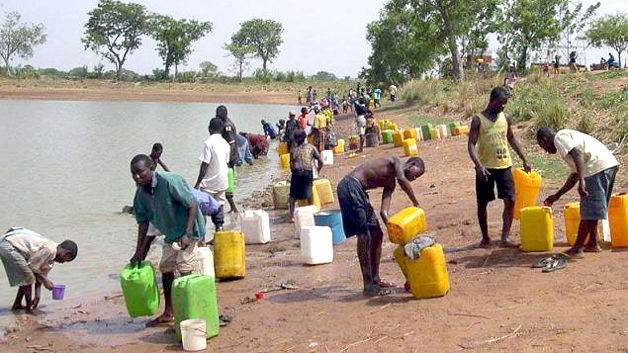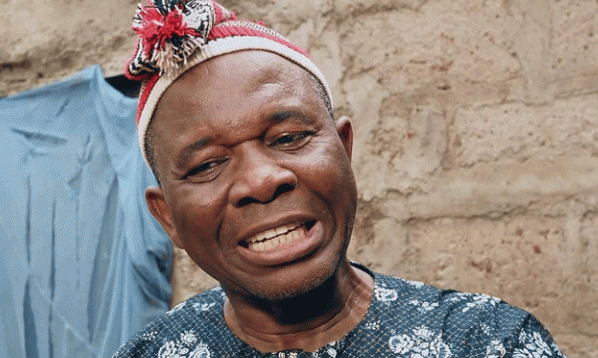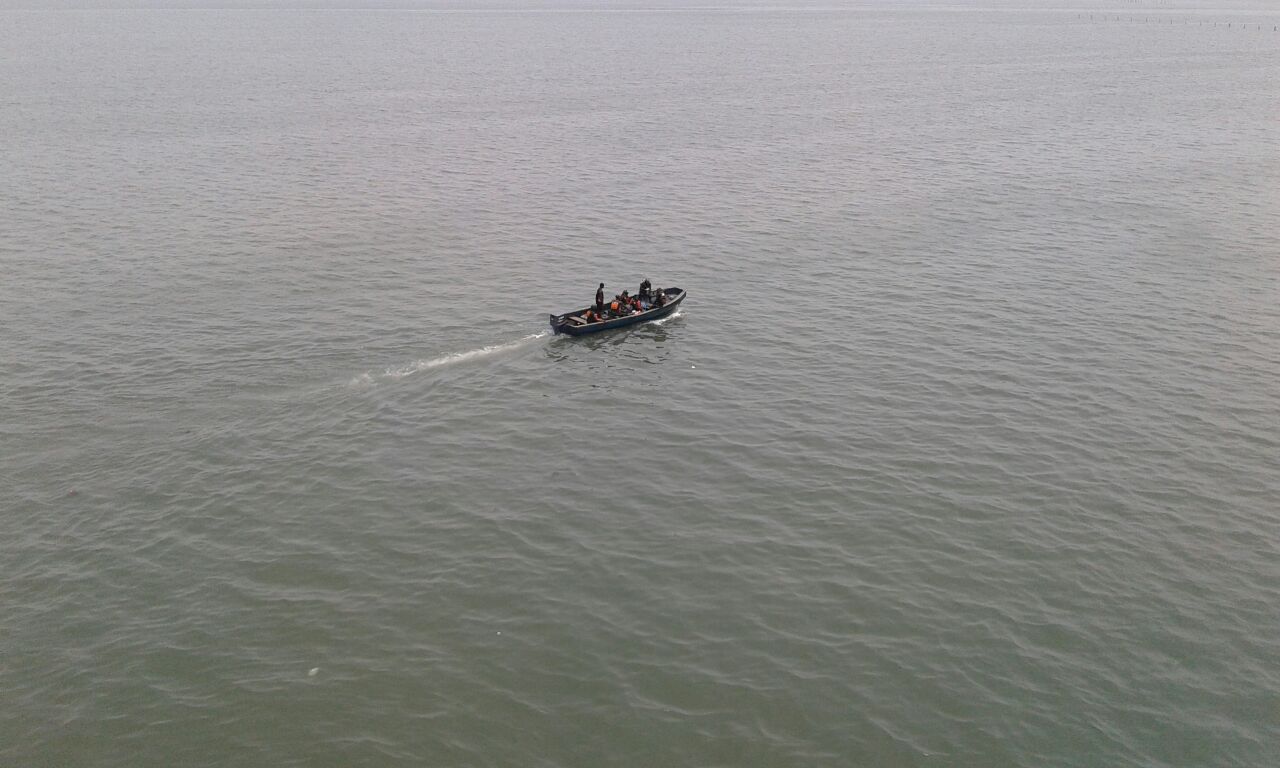Nigeria is currently facing extremely high levels of water stress, that will cause children to use unsafe water thereby exposing them to potentially deadly diseases like cholera and diarrhoea.
This was made known in a report by UNICEF released on World Water Day and titled: Thirsting for a future: Water and children in a climate change, on the occasion of World Water Day commemorated annually on March 22.
“The poorest and most vulnerable children will be most impacted by an increase in water stress, as millions of them already live in areas with low access to safe water and sanitation,” UNICEF said.
The organisation said extreme high level stress occurs when “more than 80 per cent of the water available for agriculture, industry and domestic use is withdrawn annually”.
Advertisement
“Warmer temperatures, rising sea levels, increased floods, droughts and melting ice affect the quality and availability of water.”
The organisation said factors like an exponential population growth, increased water consumption, and higher demand for water largely due to industrialization and urbanization, and conflict are draining water resources worldwide and threatening children’s access to safe water.
Also, all of these factors force children to use unsafe water, which exposes them to potentially deadly diseases like cholera and diarrhoea.
Advertisement
“For Nigeria, the greatest challenge is the availability of physical infrastructure to harness rainfall and ground water effectively,” UNICEF said.
“There are huge variations in rainfall between north and south Nigeria, making it all the more important to better plan and manage water resources to minimise the impact of floods and drought.”
“In Nigeria, as we work towards achieving the Sustainable Development Goal of reaching everyone with access to safe, functional, affordable and accessible water, we must manage water resources more efficiently to meet the needs of Nigeria’s growing population and economic development,” Kannan Nadar, UNICEF’s chief of Water, Sanitation and Hygiene, said.
Globally, 600 million children – or 1 in 4 children worldwide – will live in areas where water demands outweighs supply by 2040, the UNICEF report projects.
Advertisement
“Water is elemental; without it, nothing can grow. But around the world, millions of children lack access to safe water – endangering their lives, undermining their health, and jeopardizing their futures. This crisis will only grow unless we take collective action now,” said Anthony Lake, UNICEF executive director .
The impact of climate change on water sources is not inevitable, UNICEF added.
The organisation listed a few recommendation of curbing the impact of climate change to include plans by governments for changes in water availability and demand in the coming years; Above all, it means prioritizing the most vulnerable children’s access to safe water above other water needs to maximize social and health outcomes.
“Climate risks should be integrated into all water and sanitation-related policies and services, and investments should to target high-risk populations.
Advertisement
“Businesses need to work with communities to prevent contamination and depletion of safe water sources. Communities themselves should explore ways to diversify water sources and to increase their capacity to store water safely.”
Advertisement






